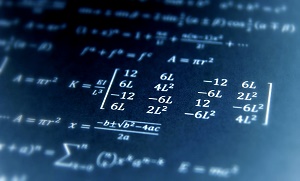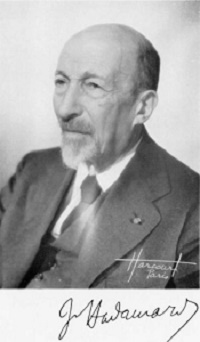
Well-posed problems
Jacques Hadamard (1865-1963) was a leading light of French mathematics. He defined the term “well-posed problem”: a problem that has a unique solution that changes continuously (without leaps) with the initial conditions. Typical compliance problems (name matching, transaction monitoring, wallet screening) do not fulfill these conditions, and are known as “ill-posed problems.”
Machine Learning and AI
Ill-posed problems are typically the subject of machine learning methods and artificial intelligence, including statistical learning. These methods do not aim to find the perfect solution; rather, they aim to find the best possible solution and/or the solution with the least errors. As John W. Tukey (1962) aptly said: “Far better an approximate answer to the right question, which is often vague, than an exact answer to the wrong question, which can always be made precise.”





